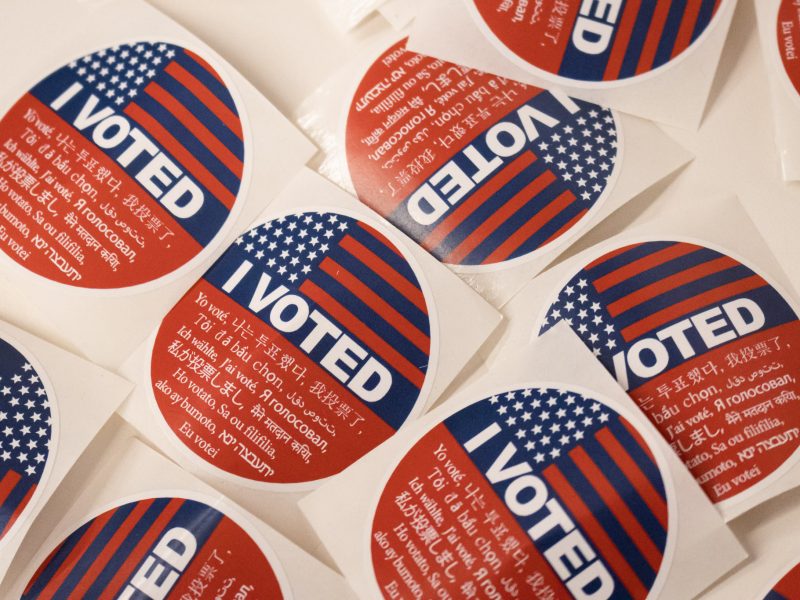Numerous benefits come with being a member of a major university community. Scholarship and career preparation, as well as basic access to valuable resources, should hover near the top of most people’s list of benefits.
However, access to social capital (people power) may be one of the most overlooked, yet invaluable, resources available to members of a university such as this one. I have long understood it is the responsibility of “privileged” individuals to give back, whenever and wherever they can. The simple fact that 1 percent of the world’s population is college educated reminds us that every college student here is privileged to a certain extent.
However, it is important to understand that being college educated comes with the responsibility to find ways to contribute to the greater good by way of the resources accompanying our access to higher education. Large social disparities within global society prevent scores of people from gaining access to the same college education that many of us take for granted. Working to eradicate those disparities, as well as increasing the overall access to the academy, should be one of the many goals we strive for.
Two years ago, the Nyumburu Cultural Center opted to tap into the university’s social capital to help youth in northern Uganda. The people have been rebuilding its culturally rich society since the brutal 21-year war within that region ended in 2007.
This war claimed the lives of over 350,000 people and displaced more than two million Acholi (an ethnic group predominately in northern Uganda). More than 30,000 children were abducted and forced into child soldiering and sex slavery by the Lord’s Resistance Army. Tens of thousands of women were raped and mutilated. Hundreds of thousands of children were orphaned. In Uganda, the youth are avid learners and eager readers, but the displacement to Internally Displaced Persons camps, due to the war, has made it difficult for families to afford secondary school fees. And most schools in northern Uganda lack sufficient textbooks and libraries for high quality education.
We at Nyumburu, along with student groups, other area universities, local businesses, churches and the off-campus community, committed to a books-for-schools campaign that raised enough money to send 35,000 brand new textbooks to several schools in Uganda. We also sent 15 laptops for teachers to utilize for their classes. Prior to this campaign, the maximum number of books one could find at any of these schools was approximately 35.
And the average number of students in each school was 900. By partnering with the United Movement to End Child Soldiering and Books for Africa, the Nyumburu Cultural Center was able to launch this campaign and subsequently spread it to the rest of the university. This campaign could not have been completed if various members of the university community had not felt compelled to help out.
On Sept. 14, those 35,000 textbooks reached their northern Ugandan destination. One of the schools that received a few thousand textbooks has decided to name their library after the Nyumburu Cultural Center. This is an honor in and of itself, but the greatest honor is to know that we utilized our collective social capital to help so many youth enhance their educational experience. I see what we did as part and parcel of the responsibility that comes with being fortunate enough to have certain resources at your disposal — you share them.
This year, Nyumburu Cultural Center Director Ronald Zeigler and I will be going to northern Uganda. We will be visiting the youth and their teachers to witness how the books are impacting their schools. We plan on video documenting this incredible experience so that we may share it with the university community. This learning experience will undoubtedly change our lives. As long as I am a member of a university community, I will utilize various resources and work with others to give back to the broader global community. As privileged global citizens, this is our responsibility.
Solomon Comissiong is the assistant director for the Nyumburu Cultural Center. He can be reached at solomon at umd dot edu.


